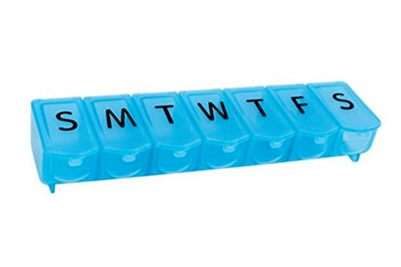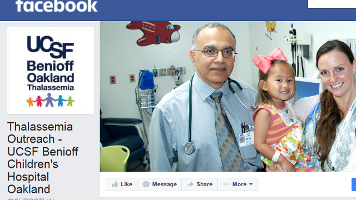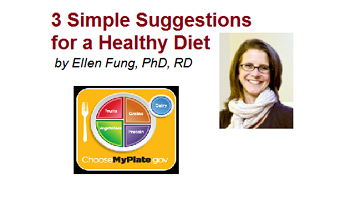
Connie Schroepfer, MS, RD
Talking Nutrition with Connie Schroepfer, MS, RD
Vitamins, Minerals, and YOU: Frequent Questions About Supplements
December 2017
There are many reasons why the right vitamin and mineral supplements are important for your health:
- In thalassemia some vitamins and minerals may be used up at a faster rate.
- Extra vitamins and minerals are needed to protect cells from damage when you have iron overload.
- Extra vitamins and minerals are needed for bone health.
- For children and teens, extra vitamins and minerals are needed to reach full growth potential.
- It is important that the supplement(s) you are taking have the right amount of nutrients (enough but not too much).
What Multi-Vitamin/Mineral (MVI) supplement to choose:
Your thalassemia team reviews available multi-vitamin/mineral combinations to choose those which have the right amounts of vitamins and minerals to meet your needs.
The recommendation may change if the formulation of the MVI has changed.
It is important that you always check the label to make sure that iron has not been added since the last time you purchased it.
If you find a supplement you would like to take instead of the specific one the medical team has recommended, a good idea is to take a picture of the content label to show the team before you purchase it.
What the medical team looks for in a multi-vitamin/mineral supplement:
- No iron in any form
- Enough, but not too much of essential vitamins; not more than 100-250% of RDA (recommended dietary allowance)
- Essential trace minerals (zinc, copper, selenium) in balanced amounts. NOTE: "gummie" vitamins don’t contain copper, and most have a low amount of zinc.
- Calcium may or may not be included.
- If calcium is not included in the multi-vitamin/mineral, a separate calcium supplement may be recommended if your daily sources from
food (mainly milk, cheese, yogurt) are not sufficient.
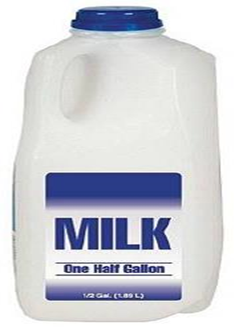


- If calcium is not included in the multi-vitamin/mineral, a separate calcium supplement may be recommended if your daily sources from
food (mainly milk, cheese, yogurt) are not sufficient.
How to assure you are taking the right supplement(s) and that you take it!
Take a picture of the label(s) front and back to bring with you to your appointments, or better yet, bring the container(s) with you. And take a picture or bring with you any other nutritional supplements you take, e.g. Omega 3, fish oil, herbal supplements
When you purchase your vitamin, mark on the calendar a date to purchase the next one which is about 2 weeks before the number of pills in the container will run out. Most containers are a 2-3 month supply.
Check the label: is it one, or two, or three of these that will give the amount of nutrients on the label? This isn’t a problem with most regular vitamins, but "gummie" types often require 2-3 of them to equal the label amount.
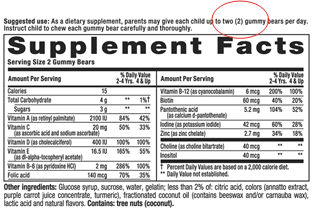
When to take: If the Vitamin C amount is >60 mg, it’s best to avoid taking it with meals. You might put the container by your toothbrush to remember to take it in the morning or at night before bedtime.
It might be useful to put the supplements that are recommended for you in a weekly or monthly pill planner.
